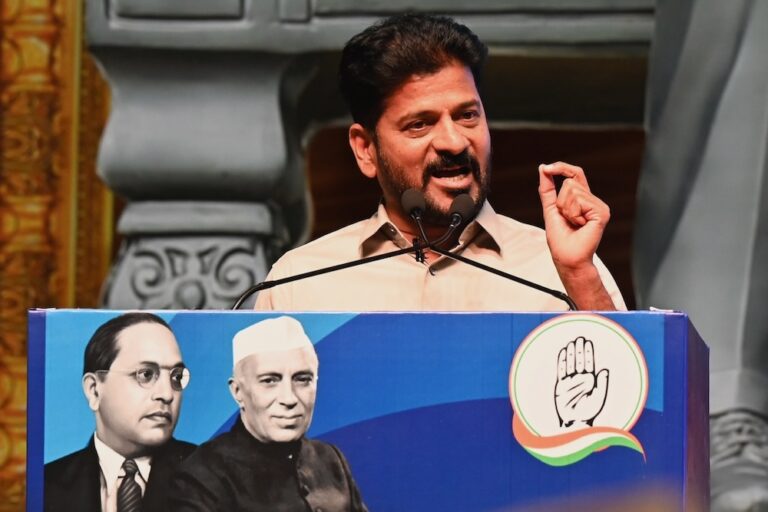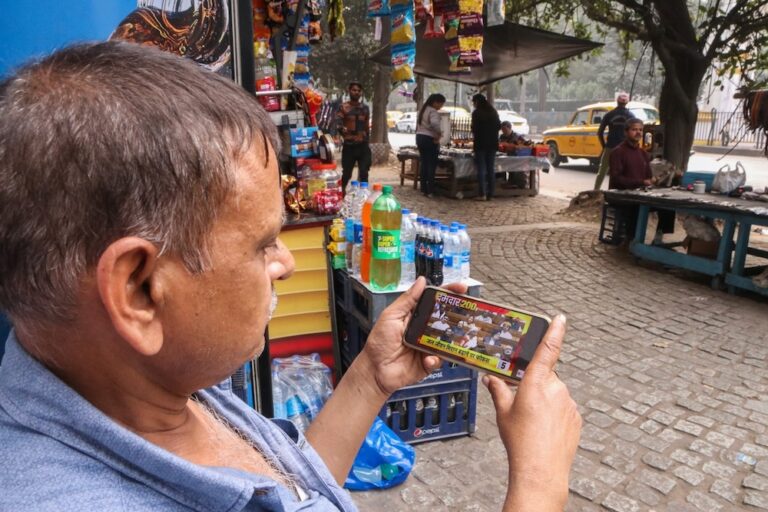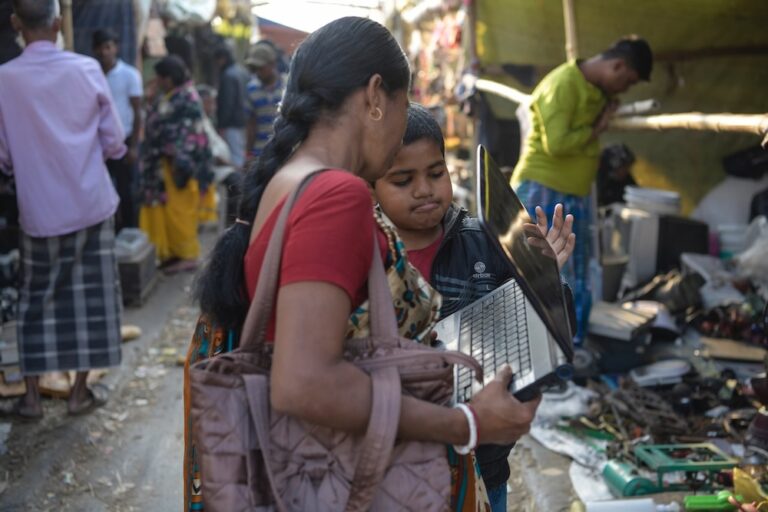(RSF/IFEX) – RSF has condemned a threat to the privacy of Internet cafe users in Karnataka state, southern India, where the governor is poised to pass new regulations forcing Internet cafes to provide police with a register of their clients’ names and addresses. Similar measures are being studied in Maharashtra state. “Rules that are about […]
(RSF/IFEX) – RSF has condemned a threat to the privacy of Internet cafe users in Karnataka state, southern India, where the governor is poised to pass new regulations forcing Internet cafes to provide police with a register of their clients’ names and addresses. Similar measures are being studied in Maharashtra state.
“Rules that are about to be adopted in Karnataka and Maharashtra states do not observe democratic standards for the protection of personal freedoms. The fight against terrorism and cyberspace crime should not lead to systematic monitoring of Internet users,” RSF said.
According to the daily “Times of India”, the Karnataka law obliges Internet cafe owners to demand that clients present identification. If they fail to do so, the users will be photographed with a webcam. All the information will be retained, for a one-year period, in a register accessible to police.
The local government said the new measures are needed to fight cybercrime, but Ashish Saboo, president of the Association of Public Internet Access Providers (APIAP, http://apiap.cybernook.net), warned that “these new measures are likely to dissuade many Internet users from going to cybercafes and could lead to the closure of almost half the cafes.” He also suggested that “keeping this type of register is completely ineffective in the fight against computer fraud or cyberterrorism.”
In January 2004, Mumbai police said new measures targeting cybercrime would be proposed to the Maharashtra state government. The new rules would require people to show identification and provide their postal address before being given access to Internet cafes. Owners would also be forced to install monitoring software at their own expense (approx. US$500; 400 euros), blocking access to pornographic sites and other content deemed offensive. Examination of the new law was temporarily shelved following strong reactions from Internet cafe owners in Mumbai.
For more information on free expression on the Internet in India, see RSF’s annual report: http://www.rsf.org/article.php3?id_article=10750


